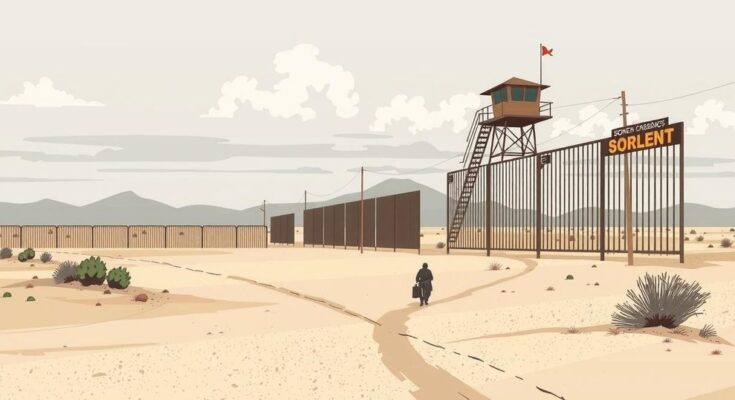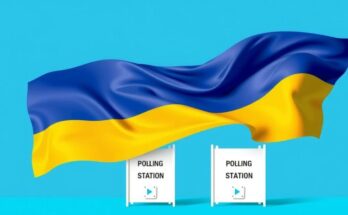The Trump administration deported hundreds of migrants despite a federal judge’s restraining order prohibiting such actions. Salvadoran President Nayib Bukele commented on the unfolding events, while Secretary of State Marco Rubio highlighted the deportations of alleged gang members. The ACLU is investigating the legality of the deportations, as Judge Boasberg’s order aims to protect migrants’ constitutional rights.
In a controversial move, the Trump administration deported hundreds of migrants to El Salvador despite a federal judge’s order prohibiting such actions. U.S. District Judge James E. Boasberg had issued a ruling meant to halt deportations related to a declaration targeting Venezuelan gangs, but two planes were already en route. The administration’s actions raised questions about compliance with the court’s order.
Salvadoran President Nayib Bukele, a supporter of President Trump, remarked on the situation with a post on social media stating, “Oopsie…Too late,” following notice of the judge’s ruling. This post was also shared by White House communications director Steven Cheung. Secretary of State Marco Rubio highlighted the deportation of alleged members of the Tren de Aragua gang, viewing it as a cost-effective arrangement with El Salvador.
The deportations were conducted under the Alien Enemies Act of 1798, a law invoked rarely throughout U.S. history during conflicts that grant the president extensive powers to remove foreign nationals seen as threats. The ACLU, which successfully secured the restraining order, is investigating whether the deportations occurred in defiance of judicial authority. Their lead attorney, Lee Gelernt, mentioned contacting the government for clarification.
Venezuela’s government condemned the application of the Alien Enemies Act, asserting it recalls historical atrocities, such as slavery and Nazi camps. The Tren de Aragua gang has contributed to the mass emigration of Venezuelans fleeing severe economic strife. Although the Trump administration indicated the gang’s members had been deported, they failed to provide evidence supporting the claims.
Footage released by the Salvadoran government depicted the deported individuals being escorted by security forces. They appeared shackled upon arrival and were taken to the CECOT facility, a high-security prison central to Bukele’s efforts to reduce violence in El Salvador through harsh measures.
The Trump administration justified the deportations by claiming the president signed the proclamation linking the gang’s activities to a threat against the United States. Lawyers responded swiftly to shield Venezuelan citizens from deportations based on gang affiliation allegations, raising concerns about potential abuses of power.
Judge Boasberg’s order limits deportations for up to 14 days, allowing for further legal proceedings to assess the validity of the actions taken by the administration. He emphasized the importance of upholding constitutional rights for the migrants, stating their right to a fair hearing should not be compromised.
The deportations executed by the Trump administration amidst a federal judge’s prohibition have provoked significant legal and ethical debates. The involvement of international partners like El Salvador and the application of historical wartime laws have complicated the discourse surrounding immigration and human rights violations. As legal proceedings continue, the implications of potential overreach by governmental authorities remain a paramount concern.
Original Source: apnews.com




